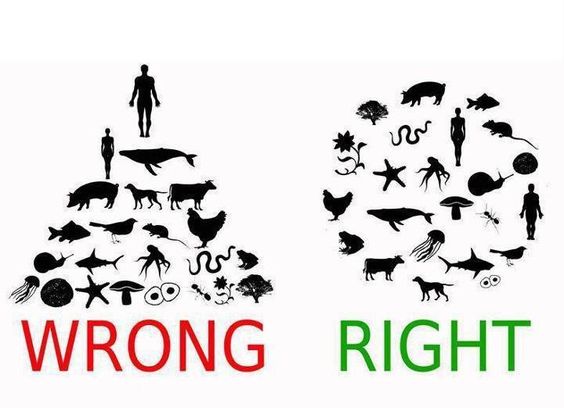The blog post reproduced below was written by a member of the Palestinian Animal League (PAL). It reports on the recent Developing and Translating Rights event, hosted by the Genealogies of Knowledge project and held at the University of Manchester on 19th June 2018.
PAL in UK
PAL was pleased to be invited to an event organised by the Centre for Translation and Intercultural Studies (https://www.alc.manchester.ac.uk/ctis/) at the University of Manchester (http://www.manchester.ac.uk/). The invitation was extended by Professor Myriam Salama-Carr, Honorary Research Fellow in Translation and Interpreting at the university, who is both a signatory of PACBI (Palestinian Campaign for the Academic and Cultural Boycott of Israel) (https://bdsmovement.net/pacbi) and a vegetarian.

The event formed part of the Genealogies of Knowledge (https://genealogiesofknowledge.net) project, which explores our understanding of the key cultural concepts that are central to social and political life today.
Amongst the speakers included a series of academics and researchers from UK and European universities, and representatives from Amnesty International and Compassion in World Farming.
Discussion centred on the concept of rights, and possibilities for both developing and translating them. In particular, it considered possibilities for extending the concept of human rights to non-human animals. Professor Salama-Carr highlighted the interconnected nature of different forms of abuse. She mentioned in particular the role occupation can play in contributing to other forms of abuse, such as abuse of animals.
Dr Steve Cooke, of the University of Leicester, suggested that human rights be re-articulated as sentient rights, which include both human and non-human animals. Regardless of whether they are able to claim them for themselves, all sentient beings should have these rights. Dr Cooke made the point that if an individual is pushed to the ground, it is the responsibility of the agent who pushed them to pick them back up. What happens if they do not pick them back up? It then becomes the responsibility of others to restore the rights of the person on the ground, who had their rights taken from them.

I asked Dr Cooke if he believes this extends to the situation in Israel and Palestine, where Palestinians including members of the Palestinian Animal League have their rights stripped from them on a daily basis. He said yes. In this situation, it becomes the responsibility of the international community to support the oppressed to stand back up. This means that the international community needs to speak out against Israeli oppression – regardless of how vegan-friendly the IDF appears to be if we consider only its relationship with non-human animals.
The animal liberation movement in Palestine faces unique challenges and dangers, operating within the context of occupation. Programmes are explicitly impeded by the Israeli state (for example, Israel’s refusal to permit antibiotics needed for the spay and neuter program for street dogs (https://pal.ps/en/street-dogs/) to enter Palestine). Not only are PAL’s projects prevented from reaching their full potential; participants in the PAL organisation are too. Children in the Youth for Change project (https://pal.ps/en/youth-education-and-empowerment/) have been imprisoned, their rights stripped from them by the Israeli army. If the vegan community is to be inclusive, it needs to speak out against these unacceptable forms of oppression.
This was the first event I have attended as a UK-based supporter of PAL. It was a fitting theme, concluding with a talk by Fabrizio Gallai of the University of Bologna, who focused on the politics of translation and interpreting. This discussion reminded me of the precarious nature of my role as an international representative of an inherently Palestinian movement.
As a UK-based advocate of both human and animal rights, I am far removed from the realities of human and animal rights in the Occupied Palestinian Territories. But as an international supporter, I have rights that people at the core of PAL are denied. I can accept an invitation to an event without the possibility of my visa being rejected, without being turned away at the airport or the first checkpoint, without the knowledge that my movement can be halted at any moment by the Israeli state.
PAL members in the West Bank should have the right to promote their movement freely in their own lands and internationally, but this right is regularly denied. International supporters therefore have an integral role to play in promoting message of Palestinians. We are free to speak out about right violations without the threat of repression or violence. The Boycott, Divestment and Sanctions (BDS) (https://bdsmovement.net/) movement is a peaceful way to put pressure on the Israeli state to stop its ongoing violation of Palestinian rights.
However vegan the Israeli state appears to be within its own borders, we need to publicly acknowledge that violent occupation has no place within the vegan movement. The international vegan community has a voice; it needs to be used to endorse peace, for all living beings.
We are very grateful for Dr Salama-Carr’s invitation to the thought-provoking event.
Link to original post: https://pal.ps/en/2018/06/21/pal-in-uk/

